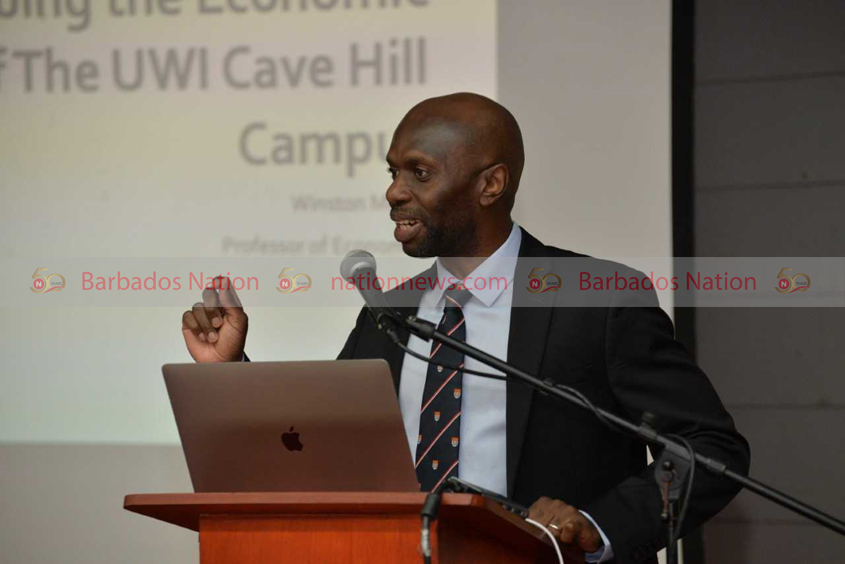[ad_1]
The rapid advancement of technology and social media has created a new generation of well- informed, empowered, and discerning consumers. These individuals prioritise brands that not only provide high-quality products and services, but also resonate with their values. As the largest segment of shoppers, purpose-driven consumers (44%) are now seeking out brands that align with their values and lifestyles. This shift in consumer priorities has led businesses to reconsider their practices and strategies, placing increased emphasis on transparency, sustainability, and corporate social responsibility initiatives to capture a larger share of consumer spending.
However, challenges with prioritising sustainability remain, as companies grapple with the complexities of measuring and reporting their environmental, social, and governance (ESG) performance. The vast array of ever-evolving sustainability standards and measurement frameworks only adds to the challenge, leading some companies to cherry-pick metrics to paint a rosier picture, while others strive to genuinely disclose their progress.
To further complicate matters, regional variations in ESG reporting requirements have sown confusion and created obstacles to effective measurement. A recent study by IBM and The Consumer Goods Forum, titled “Redesigning brand values: Purpose and profit converge in core operations,” reveals that although 42% of executives say they have the capability to report on their sustainability targets, only 32% can do so in real time, thus hampering their ability to make swift, well-informed decisions in this crucial arena.
So, as the tide of consumer preferences shifts, how can consumer goods companies ensure that their operations are truly sustainable to tap into this growing market and, at the same time, navigate the treacherous waters of ESG reporting?
Integrate sustainable practices into operational strategies to unify sustainability and business growth.
Consumer goods leaders agree (77%) that investments in sustainability will accelerate business growth, with 61% of consumer goods leaders aligning their sustainability and operational goals. Companies are realising that sustainability is not just a separate goal or initiative, but rather it is something that can be integrated into their everyday operations.
To effectively execute against this, supply chain and operations leaders must collaborate with their C-suite peers to build a cohesive strategy that infuses sustainability into the very core of the organisation’s operational strategy. Organisations have already begun embedding sustainability goals across enterprise operations, including in manufacturing (84%), supply chain operations (80%), and brand strategy (80%) just to name a few. To further advance this strategy, companies should set goals, develop a multiyear roadmap, and define what sustainability specifically means to their organisation.
Harness Artificial Intelligence to assess, predict, and obtain the insights needed to reduce waste and fulfil ethical imperatives.
To help deliver on the promise of operationalizing sustainability, consumer goods industry leaders are expected to increase their technology budgets by 34% in the next three years. Advanced technologies, such as automation, analytics, IoT, AI, and intelligent workflows, are considered critical for delivering differentiating business results and aiding in sustainability. One key process consumer industry leaders are leveraging is AI-enabled workflows (70%).
By using AI to streamline tasks that would otherwise require human intervention, companies can boost efficiency, curb waste, and optimise resource utilisation. For example, precision agriculture leverages AI-driven systems to analyse data from various sources, optimising irrigation, fertiliser application, and pest control to maximise resource allocation and curb environmental impact. In manufacturing, this method can enhance production processes and bolster quality control, ultimately conserving raw materials and energy.
The use of predictive and prescriptive analytics and AI-powered demand sensing (69%) are also being used to improve inventory management and eliminate excess stock. AI-powered demand sensing is a method of using artificial intelligence and machine learning algorithms to analyse a wide range of data sources and generate real-time insights into demand for a particular product or service.
By analysing factors such as historical sales data, weather patterns, social media trends, and consumer behaviour patterns, AI-powered demand sensing can help consumer goods companies anticipate shifts in demand and adjust their production, inventory, and supply chain operations accordingly. This can help companies reduce waste, improve operational efficiency, and better meet the needs of their customers.
Embrace data-sharing platforms to create an efficient and waste-free supply chain that is able to quickly respond to changes in demand.
With the supply chain accounting for over 90% of greenhouse gas emissions associated with providing a product or service, it’s essential to have visibility into the environmental impact of each step of the supply chain.
Redesigning Brand Values found that less than 25% of consumer goods leaders have established visibility across the full product lifecycle or end-to-end supply chain, and 40% of executives face siloed operations. Data-sharing cloud-based platforms are helping companies track emissions, waste, energy usage, and other sustainability metrics in real-time, providing a comprehensive view of their environmental footprint.
The evidence is clear: CEOs who are integrating sustainability and digital transformation, and have a clearly defined sustainability strategy, are realising higher revenue growth, achieving up to 41% more than their counterparts. This underscores the importance of integrating sustainability into business operations, which can be done through a robust combination of business process, technology, ecosystem partnerships, and C-suite collaboration across manufacturing, technology, operations, supply chain, and sustainability.
By embracing this holistic approach, consumer industry executives can not only satisfy consumer demands but also drive substantial growth and success in an increasingly competitive market.
[ad_2]
Source link

